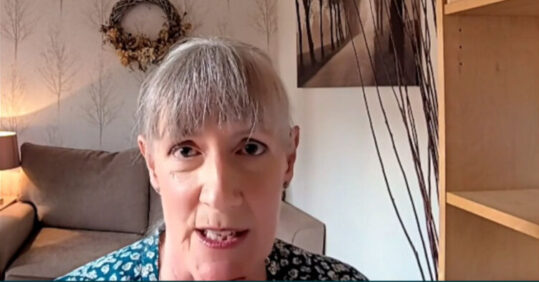General practice staff ‘need time’ to work on their own wellbeing

Nurses and other staff working in general practice must be given time to prioritise their own health and wellbeing, a panel of primary care experts has said.
Amid rising levels of burnout and stress in the primary care workforce, wellbeing experts told a King’s Fund conference today that staff must ‘give themselves permission’ to work on their own mental health.
Speaking at the ‘Navigating the evolving role of primary care in communities’ conference this morning, National Association of Primary Care (NAPC) chair, Dr Nav Chana, told the conference ‘we should be very concerned’ about the mounting crisis in staff wellbeing.
He suggested that employers could ensure simple measures were taken, such as giving staff rest areas and dedicated times to discuss any issues.
Related Article: New digital support for community nurses in 10-year plan
‘Ideally, what we want is an empowered workforce that feels they can get on with things,’ Dr Chana added.
Meanwhile, NAPC wellbeing lead Caroline Rollings told the conference: ‘We should stop assuming that people working in general practice are well.’
Ms Rollings suggested there was an attitude within health services that the additional mental health issues brought to light within the workforce during the Covid-19 pandemic had now been resolved.
However, she described how through her work as a volunteer with Shout – a mental health crisis line – she was frequently hearing from ‘colleagues who are in desperate straits and who are often actively suicidal as well’.
‘There were huge problems before the pandemic and those problems have just been exacerbated and have continued because of the workload,’ she said.
But Ms Rollings pointed out that it could not be assumed that practices would be able to deliver staff mental health support themselves, as the expense of such services meant ‘this just doesn’t work from a business perspective’.
Related Article: Nurse had to ‘freeze’ PPE during pandemic to re-use in care home, Covid inquiry hears
While Ms Rollings insisted ‘the solution to the present crisis does not rest on individual hands’ and that staff wellbeing ultimately required ‘political and organisational solutions’, she also said that individuals needed to take time to look after themselves.
‘We’re spending so much time looking after our patients, in a service that is struggling because that is such an important part of our world,’ said Ms Rollings. ‘And the result of all this is that there is just no time for self-care.’
‘It is really important to give yourself that time, and we feel guilty when we do because we have so many demands. But by looking after ourselves better we can have the time to reflect.’
In addition, Ms Rollings highlighted the importance of making use of mindfulness or meditation techniques, and also urged the workforce to access apps and websites dedicated to supporting staff working within the health services.
Related Article: Tell us what practice nursing means to you and potentially win £1,000
Earlier this year, nurses called for the implementation of a suicide prevention programme for the nursing workforce in the UK.
If you need someone to talk to the Samaritans can be contacted on 116123 and The Laura Hyde Foundation – a mental health charity set up in memory of a Royal Navy nurse who died by suicide – can be found here.

See how our symptom tool can help you make better sense of patient presentations
Click here to search a symptom




